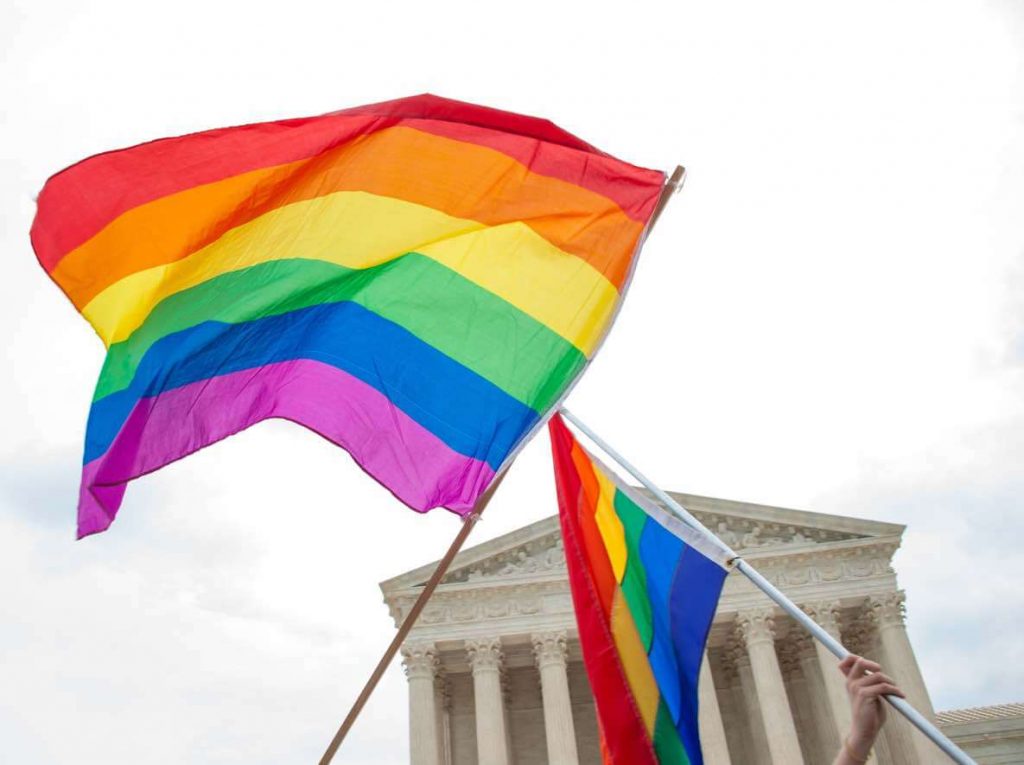LGBTQ+ Discrimination
Is LGBTQ+ discrimination illegal at work?
Yes. The Supreme Court issued a major victory for LGBTQ+ employees in 2020 that has been reverberating in companies across the country: Title VII of the 1964 Civil Right Act makes it unlawful to discriminate against LGBTQ+ workers. Talk with an experienced LGBTQ+ employment lawyer to find out your legal options.
The case is Bostock v. Clayton County, Georgia, and in a 6-3 ruling delivered during Pride Month, the Supreme Court held that an employer may not discriminate against any individual because of their sex and that “the straightforward application of Title VII’s terms” means that “sex” includes different treatment based on one’s homosexuality or transgender status.
The decision is historic for a number of reasons, including that it provides nation-wide protection for LGBTQ+ employees, rather than the patchwork of state and local laws that prohibit LGBTQ+ discrimination.
How do I prove LGBTQ+ discrimination at work?
To establish a prima facie case of LGBTQ+ discrimination based on intentional discrimination an employee must show that they:
- are a member of a protected class,
- suffered an adverse employment action,
- met their employer’s legitimate expectations at the time of the adverse employment action, and
- were treated differently from similarly situated employees outside their protected class.
If these elements are met then the employer must articulate a non-discriminatory reason for the adverse employment action. If an employer does so, then the employee has to prove by a preponderance of the evidence that the employer’s articulated reason is a mere pretext/ excuse for discrimination.
It is important to consult with an experienced LGBTQ+ employment lawyer to understand your legal options.
What remedies are available for LGBTQ+ discrimination?
- Back pay damages for wages lost due to the harassment
- Emotional distress damages (also referred to as compensatory damages)
- Punitive damages designed to punish the employer for especially reckless or malicious harassment
- Reasonable attorney’s fees
Related articles and interviews by Bachman Law
Bachman Law routinely represents employees in LGBTQ+ discrimination cases. Likewise, Bachman law frequently writes, and is quoted about, LGBTQ+ discrimination by various media outlets, including:
- $1.16 million awarded in transgender discrimination lawsuit
- What is the Equality Act and how will it impact LGBTQ+ employees if enacted?
- Pride Month underscores the need for strong anti-discrimination protections for LGBTQ+ employees
- Bostock one year later: how LGBTQ+ employment discrimination laws are evolving
For more information, see our Frequently Asked Questions (FAQs) page that answers many common questions in plain English.
If you have experienced workplace discrimination or whistleblower retaliation, call us at (202) 769-1681, or start your preliminary consultation onli

Latest From The Glass Ceiling Discrimination Blog

Proving workplace harassment: the key rule that lets you use years of evidence
Workplace harassment and hostile work environment claims—especially sexual harassment and racial harassment—can be tough to prove. They become even harder when serious incidents happened more

Discovery 101: What to expect in your employment discrimination or retaliation case
You’ve filed a discrimination or harassment lawsuit—now what? The next phase, discovery, is where the real battle begins. It’s often the most time-consuming part of

Hidden risks in executive severance/settlement agreements: read before you sign
Leaving a job is a major transition. Sometimes it’s planned, sometimes it’s sudden, and sometimes it follows a conflict—like a discrimination or retaliation complaint. Whatever